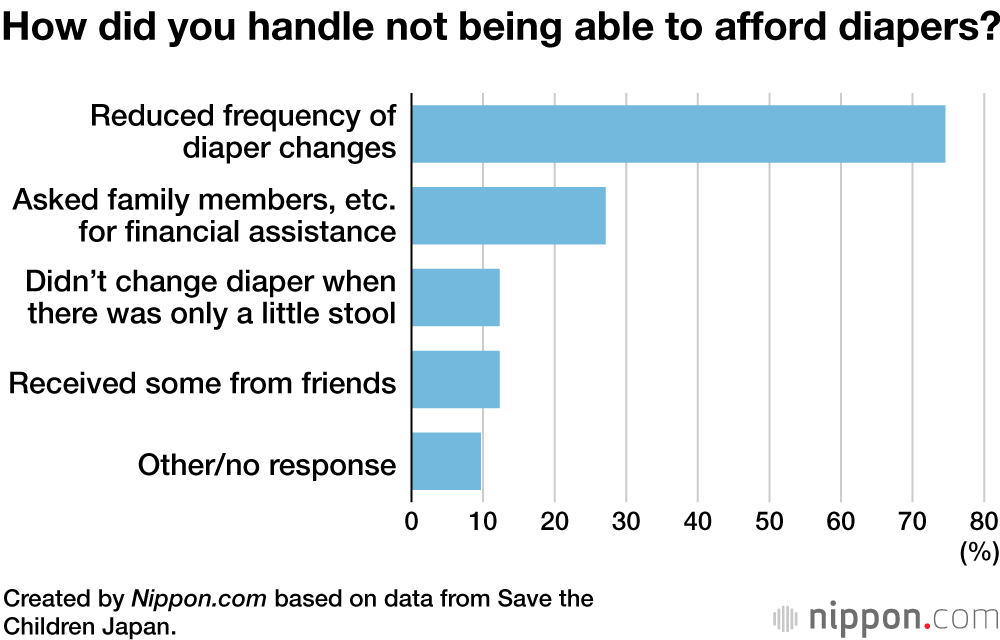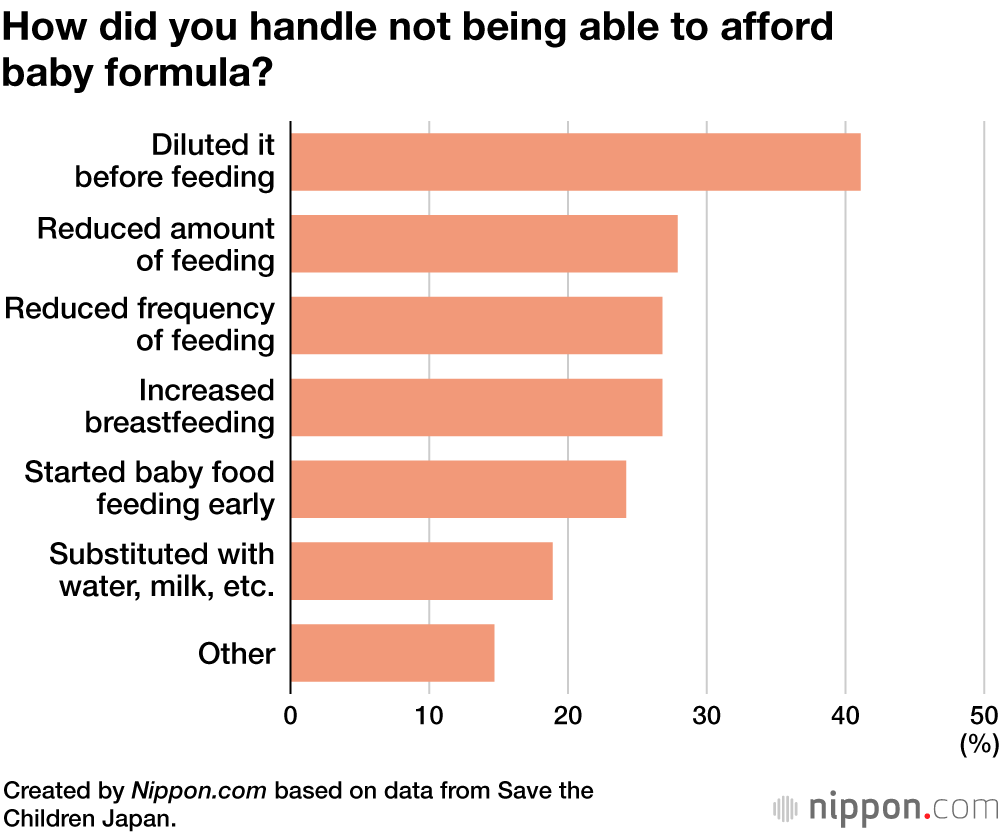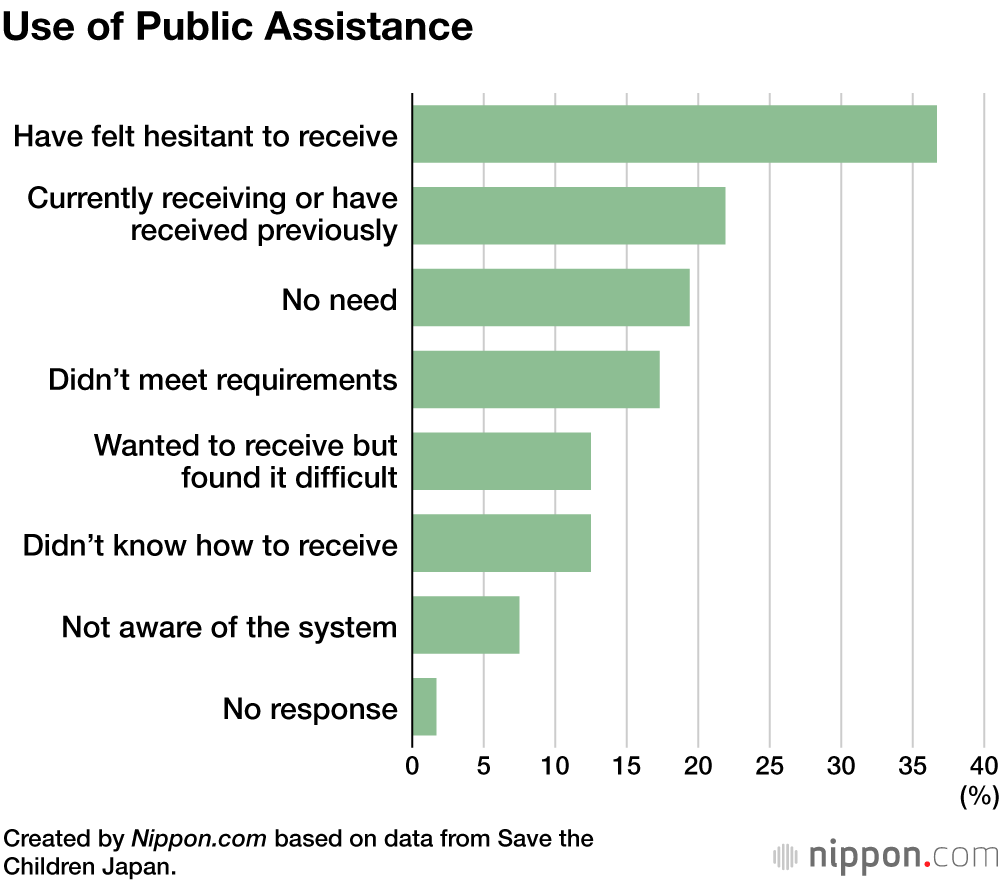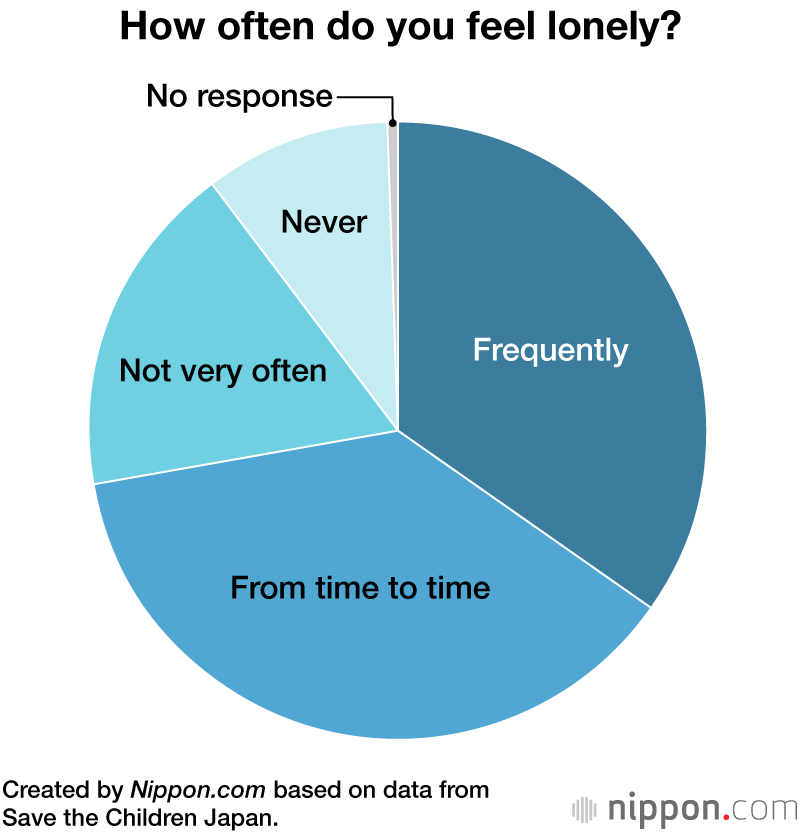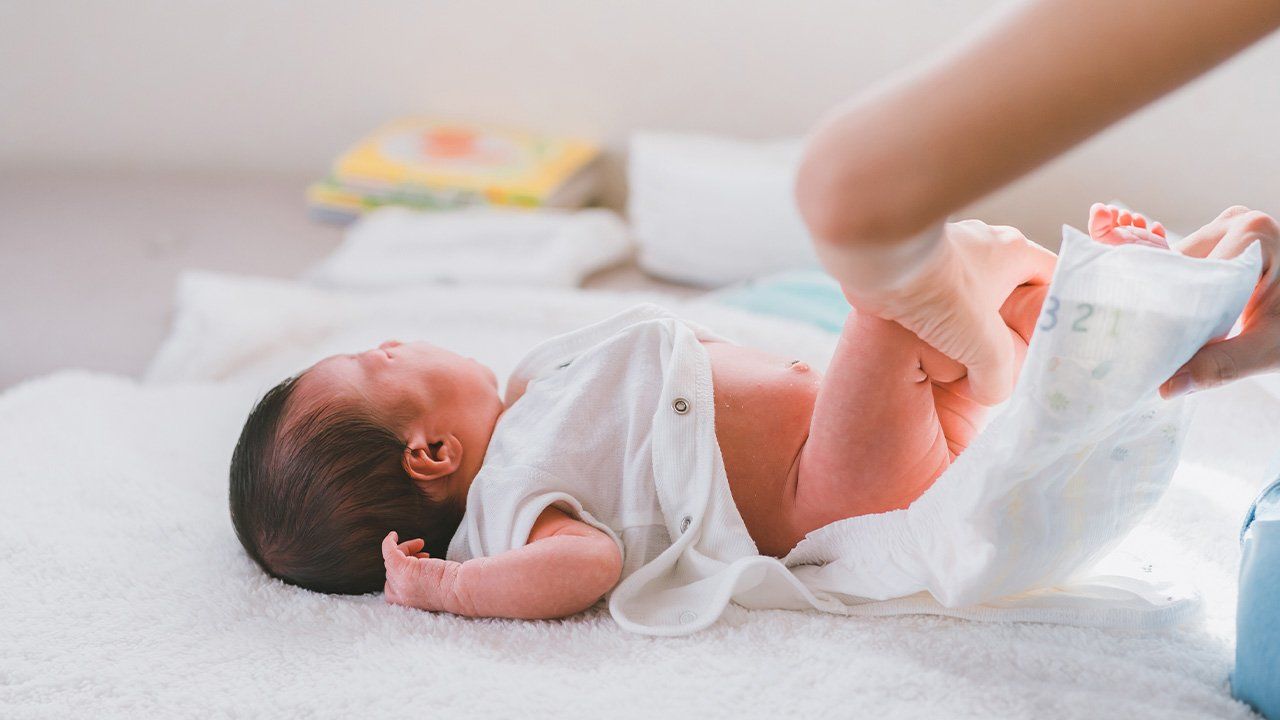
Save the Children Japan Survey Finds Low-Income Households Lacking Basic Necessities
Society Family- English
- 日本語
- 简体字
- 繁體字
- Français
- Español
- العربية
- Русский
Poverty Impacts Young Children’s Health
In the summer of 2024, the international NGO Save the Children Japan conducted a survey of 1,873 low-income households with a history of receiving support from the organization. The survey targeted families with children aged three and under, drawing responses from 480 households.
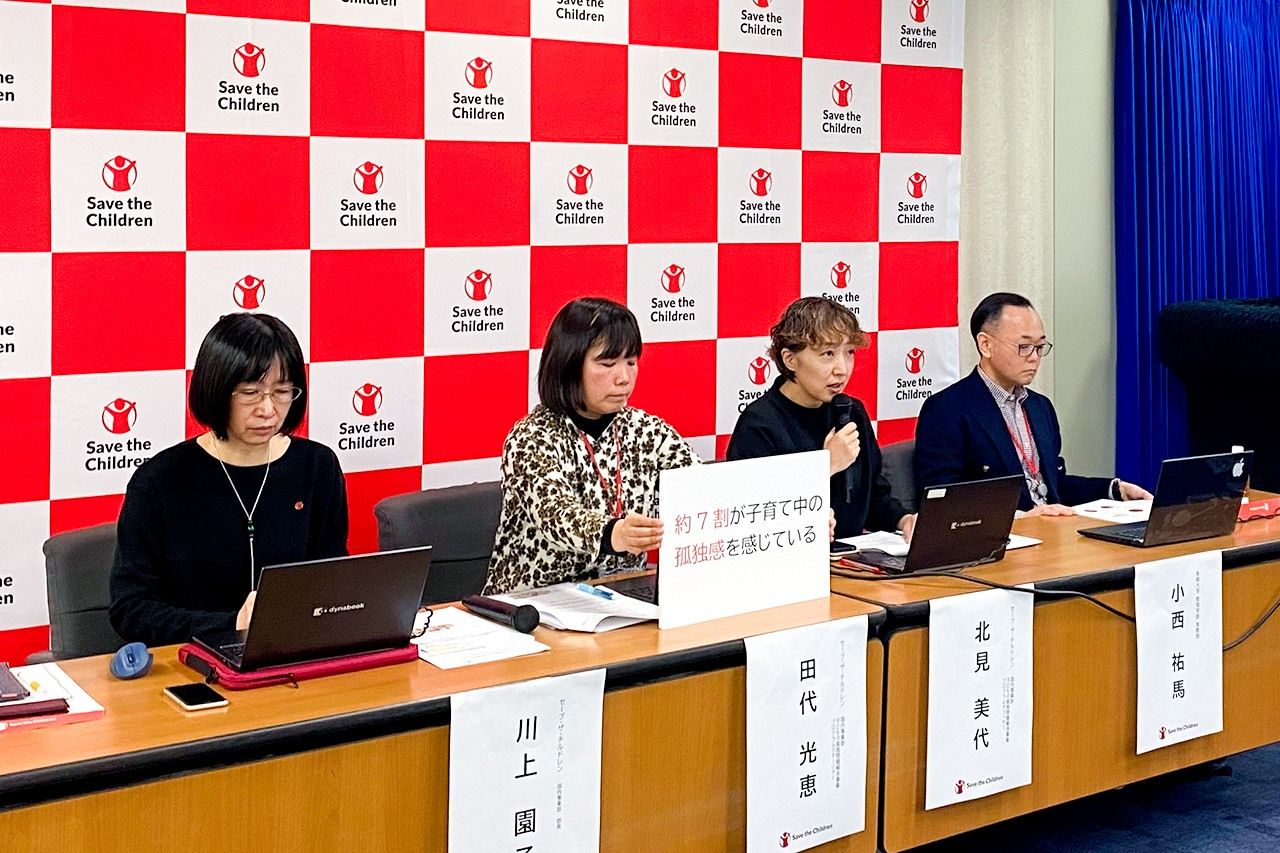
Save the Children Japan holds a press conference (© Nippon.com)
Of the respondents, 97.3% were mothers, and 71.9% were from single-parent households. The most common employment status for mothers was “part-time/temporary work” at 31.9%, followed by “unemployed” at 28.8%, and “on leave” at 13.1%. “Full-time/permanent employees” made up only 11.3%. The results underscore the difficulty of working while raising young children.
More than 60% of households reported their finances as being “in deficit.” Their sources of livelihood were “child allowance” at 72.7%, followed by “employment income” and “single-parent child allowance,” both at 58.1%.
Around half of the respondents reported being unable to purchase diapers due to financial reasons, while about 40% faced the same issue with baby formula. To cope, many said they reduced the frequency of diaper changes and formula feedings. This raises concerns about the potential impact on the health of infants and young children.
The Most Needed Support
Did these households consider using public assistance? In fact, 21.9% of respondents said they are “receiving or have received” public assistance. However, a greater proportion at 36.7% said that they have “felt hesitant” about seeking such support. Additionally, 12.5% said that they “didn’t know how to use” the system or were “not aware of the system and services” altogether, revealing the fact that there is still progress to be made in spreading awareness.
These parents might find ways of resolving their difficulties if they had somebody to discuss their challenges with. However, it was found that more than 70% felt lonely either “frequently” or “from time to time” while raising their children.
How might the government extend a helping hand to struggling households that fall between the cracks? Asked about the type of support they wanted, 86.5% of respondents selected “regular provision of consumables necessary for young children, such as diapers and baby food.” Many also called for financial support, including “increased child allowance from the first child” and “increased childbirth and childcare support money for low-income households.” In the free response section of the survey, there were comments such as “consultation alone doesn’t solve anything” and “if only we had diapers and formula.”
In light of the results of its survey, Save the Children announced it would appeal to the Children and Families Agency, relevant ministries, and local municipalities to strengthen assistance for low-income households, such as through the provision of childcare supplies like diapers, and to enhance support for pregnant women and new mothers who are especially in need of help.
(Translated from Japanese. Banner photo © Pixta.)

